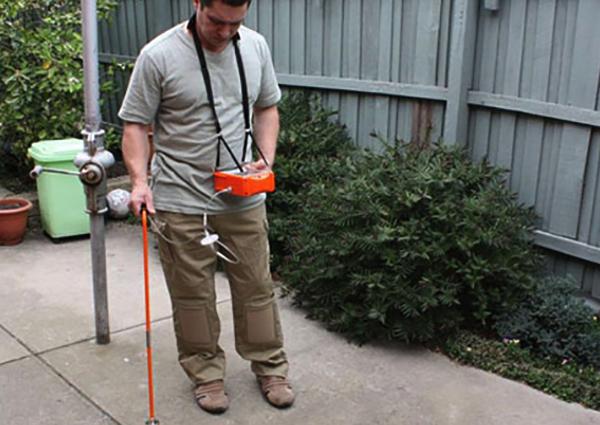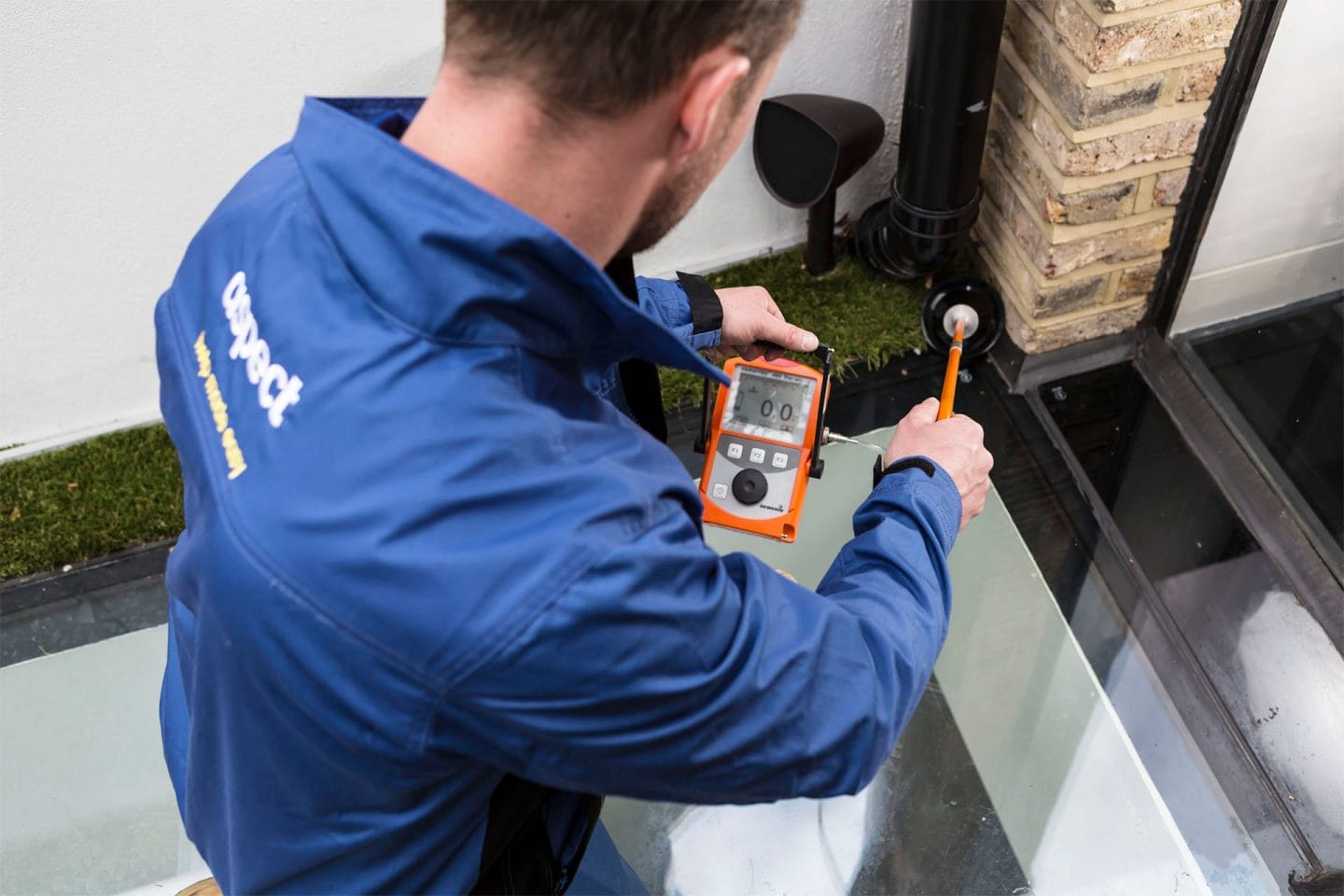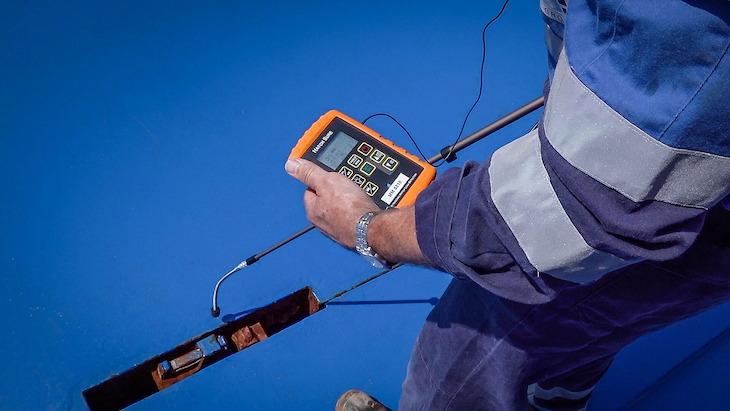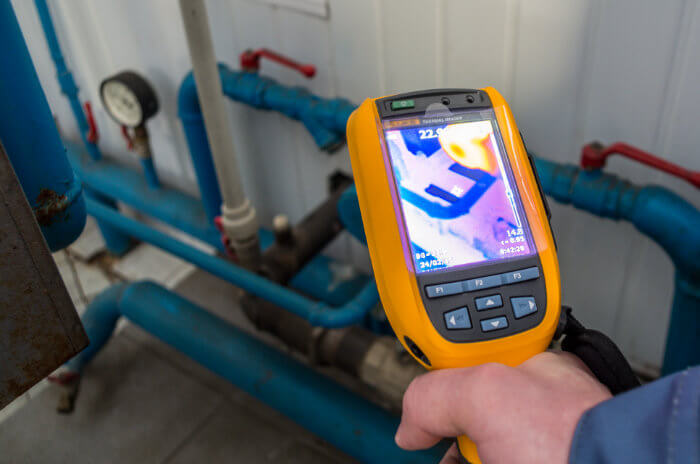18
Jan

Water is a precious, limited resource that’s vital to all life. That’s why we all must take steps to prevent its wastage. Although there are numerous ways you can save and conserve water, there are cases when the matter is out of your hands. Leakage—the culprit for enormous amounts of water lost worldwide.
Water leaks are responsible not only for the wastage of this invaluable commodity but also for costly property damage as well as health and safety hazards. Even the slowest dripping tap or leaking toilet can progress into big problems if left unchecked or unfixed, so keep in mind that early detection and service are paramount.

Some of the possible indicators of a plumbing leak are foul odours, damp floors or walls, mould or mildew, higher-than-average bills etc. But sometimes the problem is internal or concealed underground, and it would be long before you notice any visible signs. So how do you find where a leak is coming from if it’s not visible? Simple – with professional water leak detection equipment!
Preserving water is a top priority of countries worldwide, so this industry has seen steady technological advancement. Nowadays, there are various advanced water leak detectors available on the market, allowing professionals to identify leakage and pinpoint its location with great accuracy and minimal disruption.
Since it’s not every day that you buy water leak detector systems, and it’s certainly not a small investment, choosing the right device for the job will save you both effort and money.
When exploring water leak detectors for sale, you’ll come across several types, including ultrasonic systems, pressure detectors, and spot sensors, to name a few. Although the purpose of each of these is to detect, control or warn of unintended leakage, they all have different uses and benefits.

source: mme-group.com
As the name implies, these systems detect leakage by using sound. The flow of water emits high-frequency sounds that are often outside of our hearing range. Even if you can hear some strange noise coming from the pipes, you can’t accurately determine the exact location or type of leak causing the problem.
Ultrasonic water leak detectors use advanced ground microphones to record the sound and provide data on the rate, size and location of the problem. The latest models utilise cutting-edge ultrasonic technology that allows the user to eliminate various parts of the sound spectrum to identify the closest point to the leak.
Easy to use, requiring no tracer gas, ultrasonic detectors can save you time and effort in searching for water leaks in hidden and underground pipes, but they’re also suitable for detecting nuisance flow in indoor plumbing or heating systems.
However, keep in mind that if you’re troubleshooting underground systems, you need to know the exact position of the pipes. To do this, you can use a purpose-designed underground pipe locator to detect the position of the pipe and then follow its path to identify the issue.
Pressurised systems employ the tracer gas method to detect unwanted water escape in underground tanks and pipes. These detectors typically inject helium into the system to penetrate small leakage points and provide data on the location and flow.
Helium makes an ideal tracer gas for this purpose since it’s non-toxic and non-flammable. Once inserted, engineers survey the full length of the pipe for any signs of helium. Being lighter than air, helium rises above the ground and can be easily and accurately detected.
Spot detectors use sensor probes to sense leakage at a single point. After the probes detect the presence of water, they trigger an alarm or send a message to a computer or phone. Suitable for computer rooms and hospitals, where timely detection is vital to maintain the integrity of electronics and equipment, spot sensors can be a reliable line of defence against condensate water overflow, pipeline cracks, outside seepage and more.

source: leaktracersdirect.co.uk
Device for this, device for that, living in today’s modern world can feel like technology is after your bottom dollar. Although buying high-quality, commercial leak detection equipment will set you back a couple of hundred, if not thousands, the benefits almost always outweigh the initial cost.
While it’s certainly possible to detect water leaks using old methods like checking for visual signs or moisture damage, this can be a time-consuming yet unreliable process. Having professional tools eliminates the guesswork from detection and allows for the prevention of further damage.
Moreover, since these methods offer unintrusive and non-destructive ways of testing, the process is carried out with greater efficiency compared to older methods requiring pipe excavation. The sole action of digging out the pipes causes additional damage to the property, increasing the cost of repairs.
Now that you know the importance of timely detection and how the different water leak testing devices can make your life and job easier, it’s time to find and stop those leaks. Fret not, even the most complex leakage issues are no match for the modern equipment available nowadays in Australia.